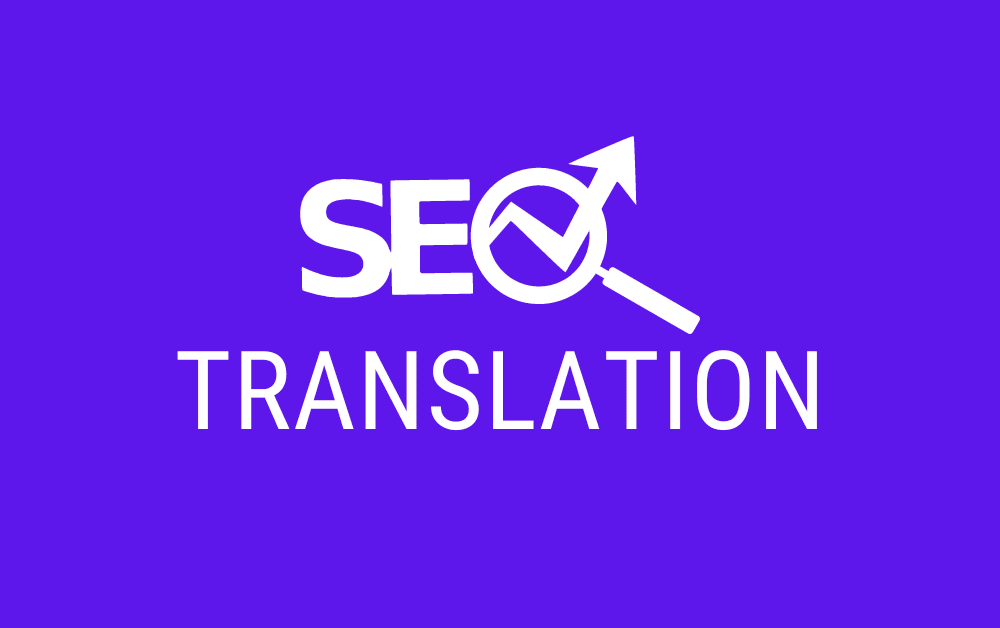Subtotal: $4398.00

Why Multilingual SEO Matters: How Translation Impacts Search Rankings
In an increasingly globalized world, businesses aren’t just aiming to attract local customers — they’re striving to reach audiences worldwide. But, how do you make sure your brand stands out in different regions? This is where multilingual SEO comes into play. By optimizing your content in various languages, you can significantly improve your visibility in search engines, reach a broader audience, and ultimately boost your business’s growth.

What Is Multilingual SEO?
Multilingual SEO involves optimizing your website for search engines in multiple languages. This means not just translating your content, but also adapting it to meet the specific search behaviors, cultural nuances, and local preferences of different audiences. It’s more than just slapping on a Google Translate button; it’s about creating a seamless user experience for people who speak different languages.
The Role of Translation in Search Rankings
Translation plays a critical role in multilingual SEO. Search engines like Google favor websites that offer content tailored to the user’s language and region. When you provide accurate and culturally-relevant translations, search engines reward you by improving your rankings in localized search results. However, poorly translated content can have the opposite effect, confusing both users and search algorithms, leading to lower rankings and a damaged brand image.

Benefits of Multilingual SEO
Conclusion
Multilingual SEO is essential for businesses that want to thrive in the global marketplace. By investing in high-quality translations and optimizing for search engines in different languages, you can drastically improve your visibility, engage new audiences, and enhance your search rankings on a global scale. So, don’t let language barriers hold your business back—embrace multilingual SEO and watch your business grow.